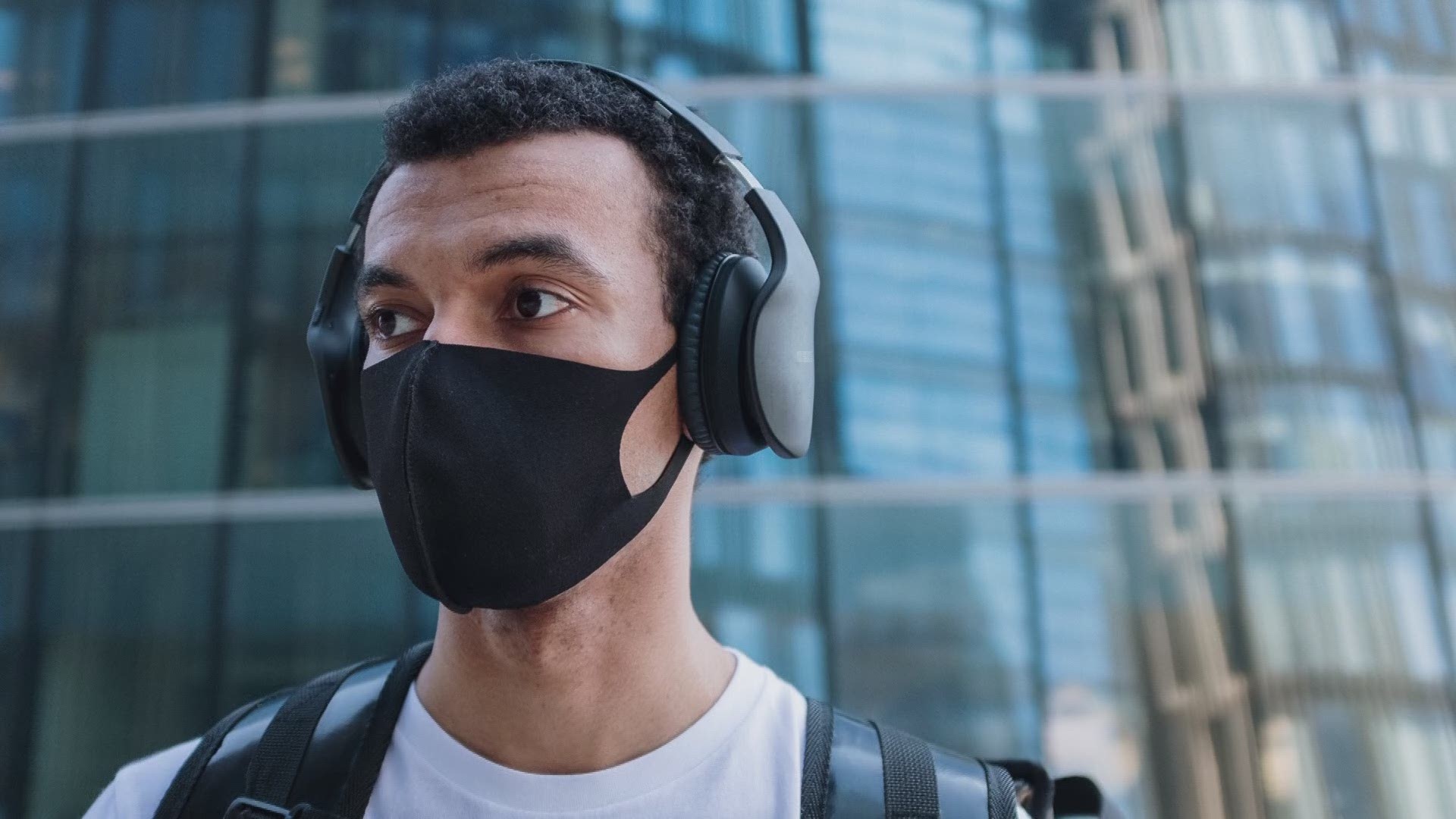KNOXVILLE, Tennessee — When it comes to wearing masks, the general public isn't on the same page.
Some are all for it, others are very against it, and a third group says they can't wear masks.
Who exactly can't wear a mask?
According to the CDC it's three kinds of people.
- Children younger than 2 years old
- Anyone who has trouble breathing
- Anyone who is unconscious, incapacitated, or otherwise unable to remove the cloth face covering without assistance."
It's the third group that leaves the specifics up for debate.
"From a medical standpoint it would be extremely rare to have a condition where you truly could not wear a mask," said Dr. Clay Callison, a pulmonary disease doctor and UT Medical Center's Chief Medical Information Officer.
He said actual inability to wear a mask is rare.
"We have patients who are awaiting lung transplants who are on oxygen and they're instructed and they wear a mask," said Callison.
But he said there are exceptions to everything.
"There are a lot of patients that simply feel like the mask is almost smothering them and if you have a breathing problem and you have something on your face you may feel very short of breath," he said.
Callison said every patient is different, even if they have the same condition.
"If you're really claustrophobic and you feel like that mask makes you claustrophobic, I get that. So I think it's about being as sensible as possible," he said.
Other doctors bring up COPD and other breathing disorders that may make wearing a mask difficult.
Callison is also director of the Adult Cystic Fibrosis clinic at UT, a chronic breathing condition, and says those patients and many others wear masks even with pre-existing breathing difficulties.
He suggests people try different kinds of masks because some may work better or make breathing easier than others.
"Just because you've tried one mask doesn't mean all masks don't work," said Callison.
Doctors remind people that wearing masks is recommended, but only part of the method to stopping the spread of COVID-19.
"It really should be combined with other things such as physical distancing and hand hygiene, but masks do definitely play a big role in that," said Callison.

